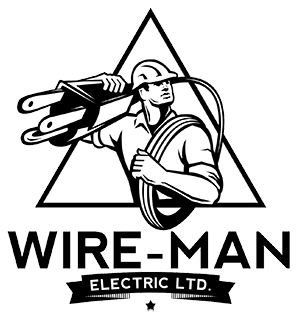Power outages in commercial buildings can disrupt operations, pose safety risks, and lead to financial losses. Knowing how to handle electrical emergencies quickly and effectively is essential. When a power outage occurs, the first step is to assess the situation by determining if it’s localized to your building or part of a larger area. Once you’ve identified the scope, turn off non-essential equipment and electronics to prevent potential surges when the power returns, and check that emergency lighting systems and backup generators are functioning. Notifying employees and building occupants is crucial—provide clear instructions to ensure everyone remains calm and informed.
Prioritizing Safety During a Power Outage
Safety is the top priority during any power outage. Elevators should not be used as they can get stuck if power is lost, so direct everyone to use the stairwells instead. It’s also important to ensure that all emergency exits are clear and well-lit by emergency lighting. Avoid using candles or open flames, as flashlights are a safer option for additional lighting. If you have a backup generator, ensure it is running in a ventilated area to avoid carbon monoxide buildup, and restrict access to high-risk areas, such as kitchens or industrial spaces, to prevent accidents.
When to Call Emergency Electrical Services
In some cases, calling emergency electrical services is essential. Signs like sparking outlets, unusual smells, or malfunctioning equipment during a power outage indicate potential hazards and should be addressed by a professional. If your building experiences frequent or prolonged outages, an inspection can help identify any underlying electrical issues. In the event of a generator malfunction, a licensed electrician should be called to make necessary repairs and perform maintenance to prevent future problems. Additionally, if circuits trip or power surges occur when electricity is restored, an electrician can safely reset breakers and assess the need for further repairs.
The Importance of an Emergency Power Outages Plan
Having an emergency power outage plan in place is critical to ensuring safety and minimizing disruptions. Start by establishing clear procedures, designating an emergency response team, and conducting regular drills to ensure everyone is familiar with the protocols. Keep essential emergency supplies, like flashlights and first-aid kits, in accessible locations, and schedule regular inspections of electrical systems, backup generators, and emergency lighting to ensure everything is in working order.
Be Prepared to Handle Power Outages
Handling a power outage in a commercial building requires preparation, communication, and a focus on safety. Taking immediate steps, maintaining a safe environment, and knowing when to call emergency electrical services can minimize disruptions and protect everyone on the premises. Developing a robust emergency plan, conducting regular drills, and performing preventative maintenance will further enhance readiness for future outages. For expert assistance with creating an electrical emergency plan or setting up backup power solutions, contact Wireman Electric—our team is here to support the safety and reliability of your commercial property.
